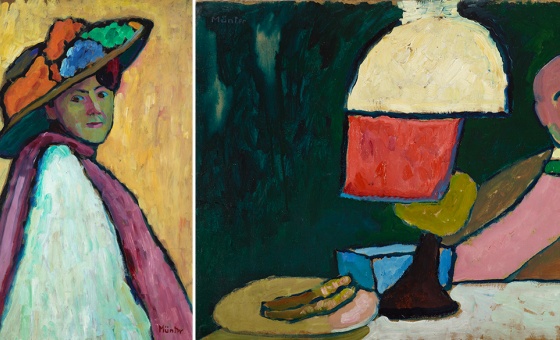This is the last article you can read this month
You can read more article this month
You can read more articles this month
Sorry your limit is up for this month
Reset on:
Please help support the Morning Star by subscribing here
THE government’s much-vaunted announcement of a £300 million cash injection for music lessons was dismissed yesterday as “a sticking plaster to cover a gaping wound” by teaching unions.
Unveiling the additional funding, ministers said the money would go to a network of 121 “music education hubs” across England over the next four years.
This would, they claimed, give hundreds of thousands more children and teenagers the opportunity to learn to play an instrument, sing in a choir or join a band.
An additional £29m a year is to go to a scheme providing grants to young performers to enable them to go to world-class teaching institutions such as the Royal Ballet School, said the Department for Education.
The money was welcomed by tacky musical theatre impresario and Tory peer Andrew Lloyd Webber, who said music education should not be for “the privileged few.”
But teaching union NASUWT said music and other creative subjects had been “relentlessly driven out” of the curriculum in the state sector as schools and teachers were forced to focus on league tables instead.
The number of children studying arts subjects to GCSE level has plummeted since they were excluded from the so-called English baccalaureate introduced in 2010 by then education secretary Michael Gove.
The highly controversial “E bacc” measures performance in the core subjects of English, maths, science, modern languages, history and geography, leading many to argue that the creative arts have effectively been pushed out.
NASUWT general secretary Chris Keates said: “While these days any funding for educational provision is welcome, this amount is nothing more than a sticking plaster being used to cover a gaping wound.
“Since 2010, music and other creative subjects have been relentlessly driven out and the curriculum narrowed as schools give priority to the subjects that will affect their rankings in performance tables.
“As a result, thousands of children, particularly from disadvantaged backgrounds, have been denied the opportunity to develop their musical talents, specialist music teachers have lost their jobs and local authority music services have been decimated.
“What has happened to music provision in schools is yet another example of government policies which deny children their entitlement to a broad-based national curriculum and which have driven inequality across schools.”
We need you support to keep running. If you like what you read please donate by clicking here







